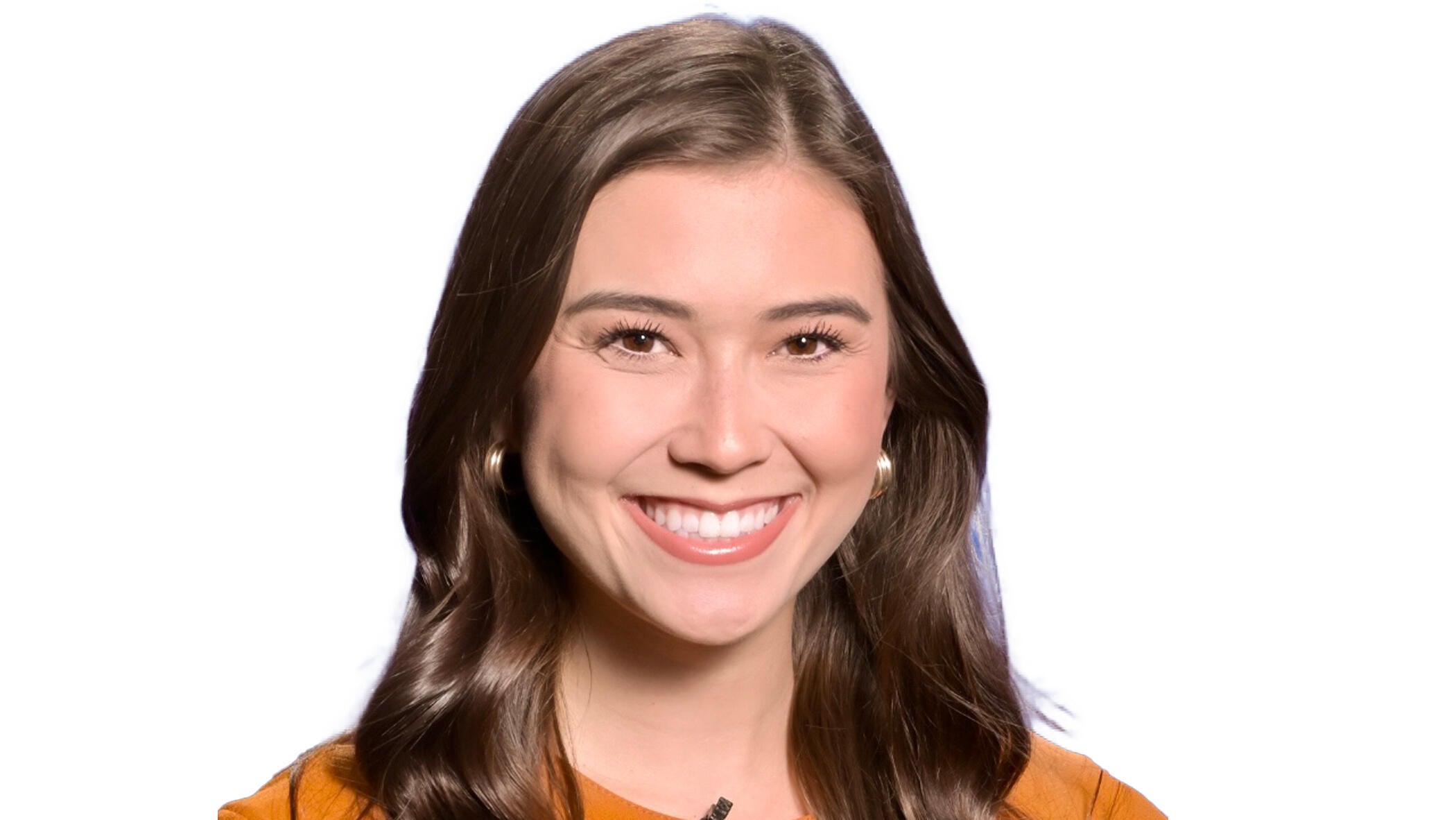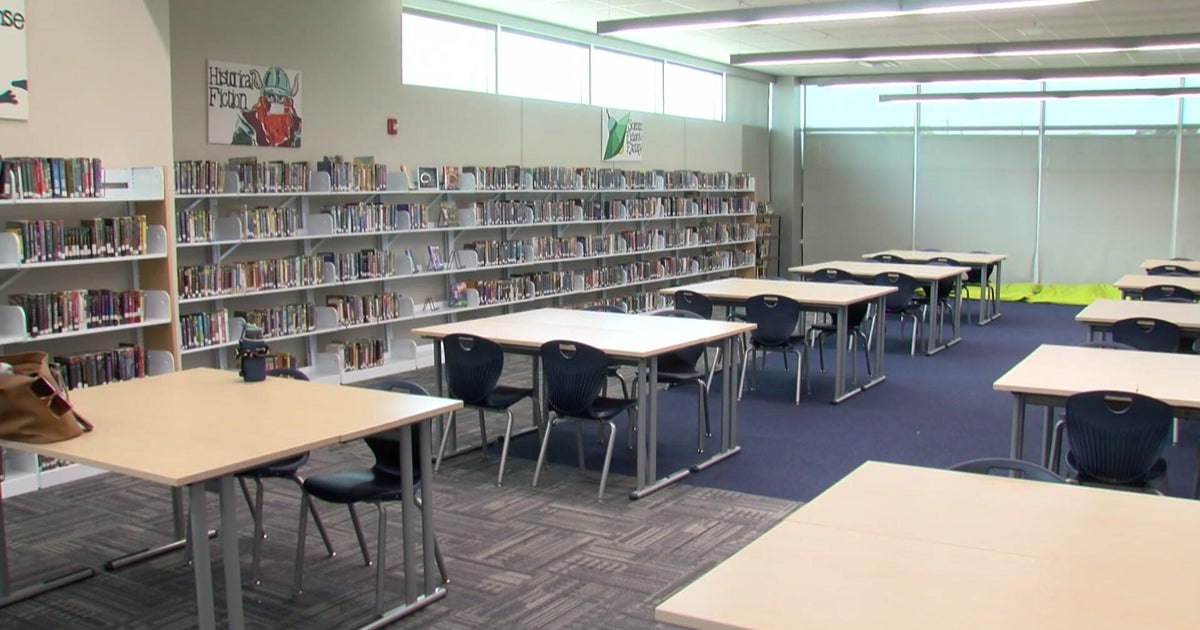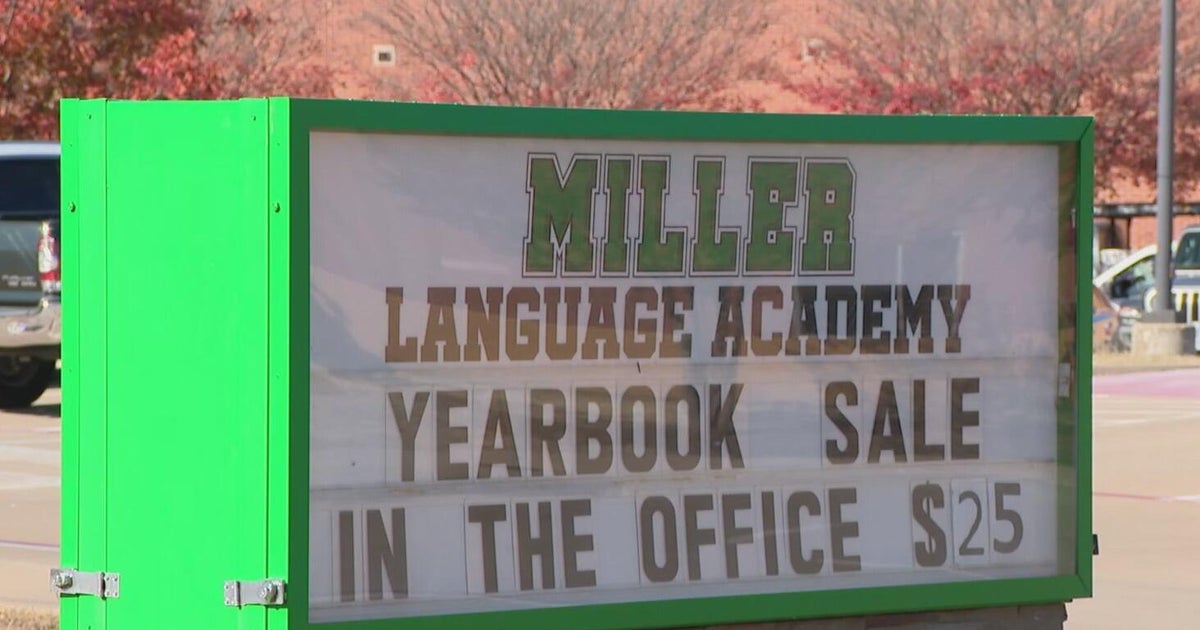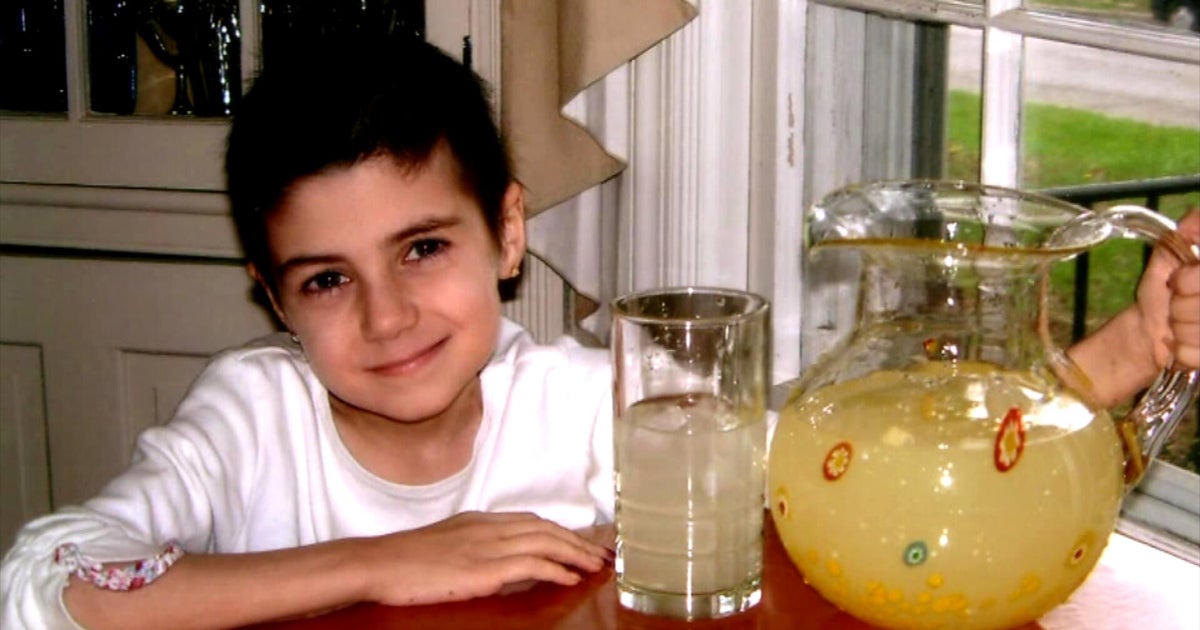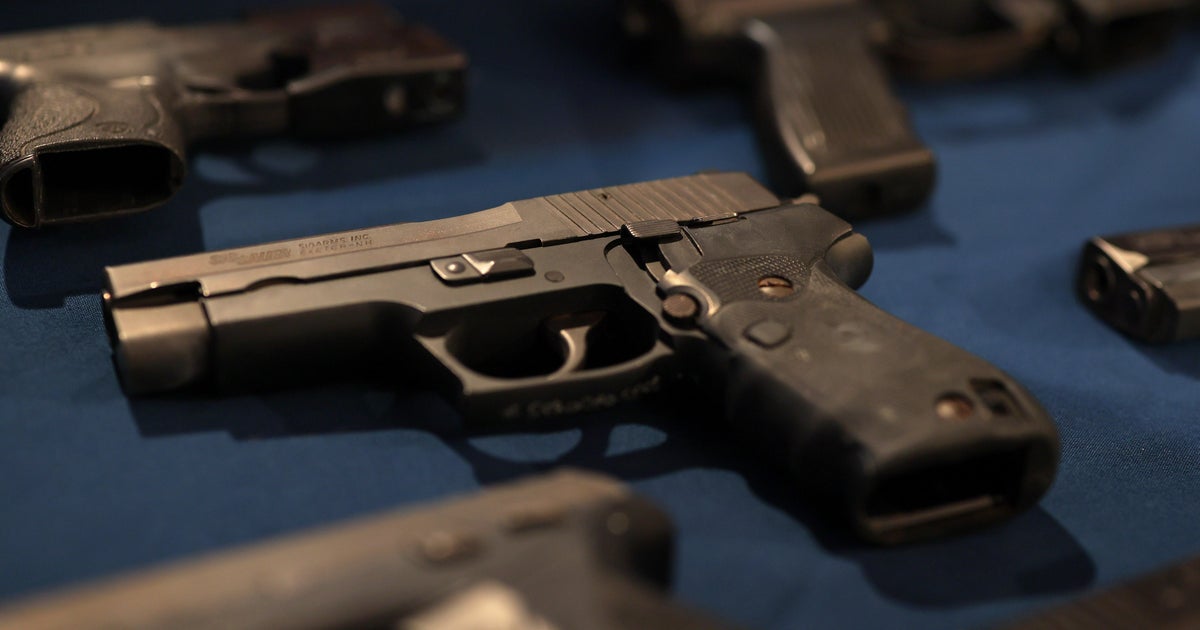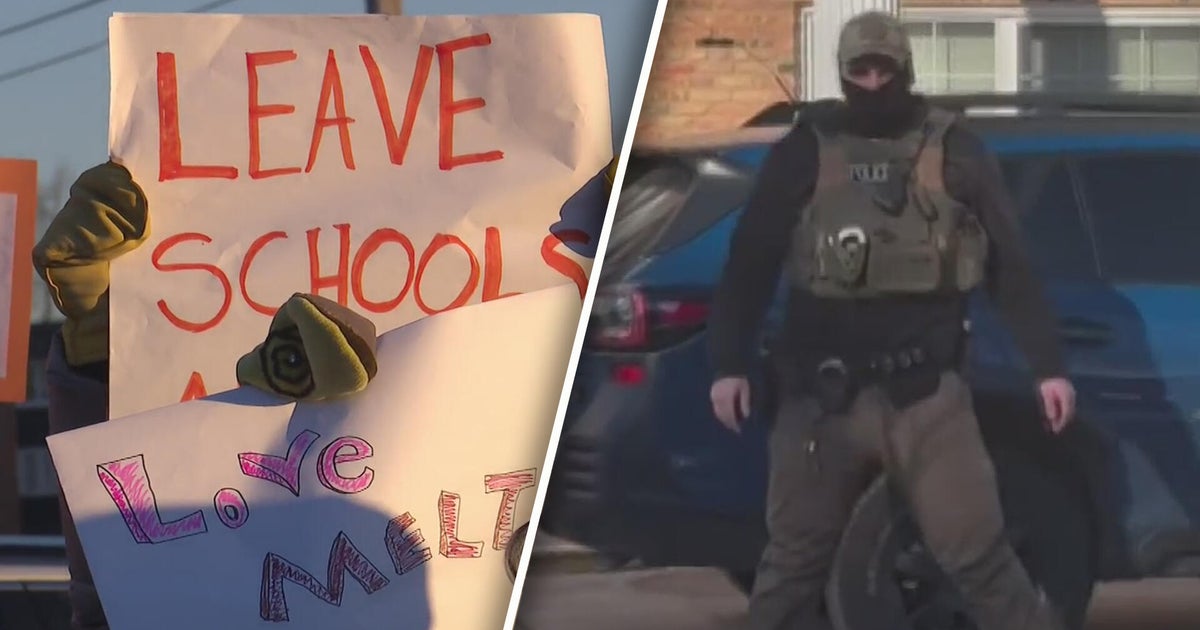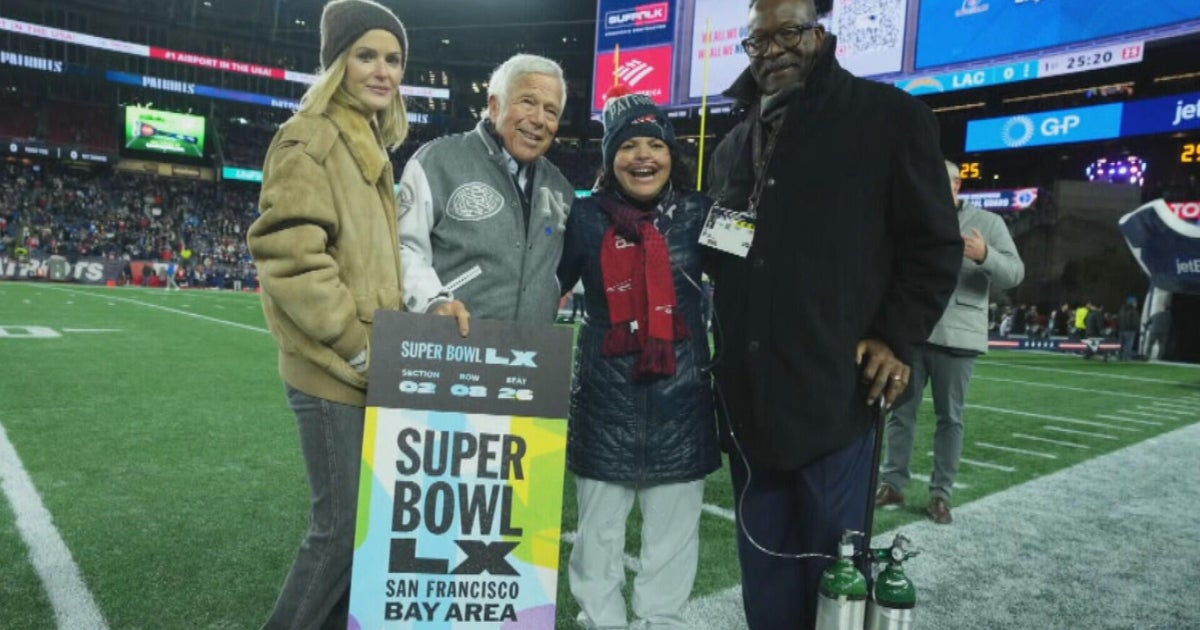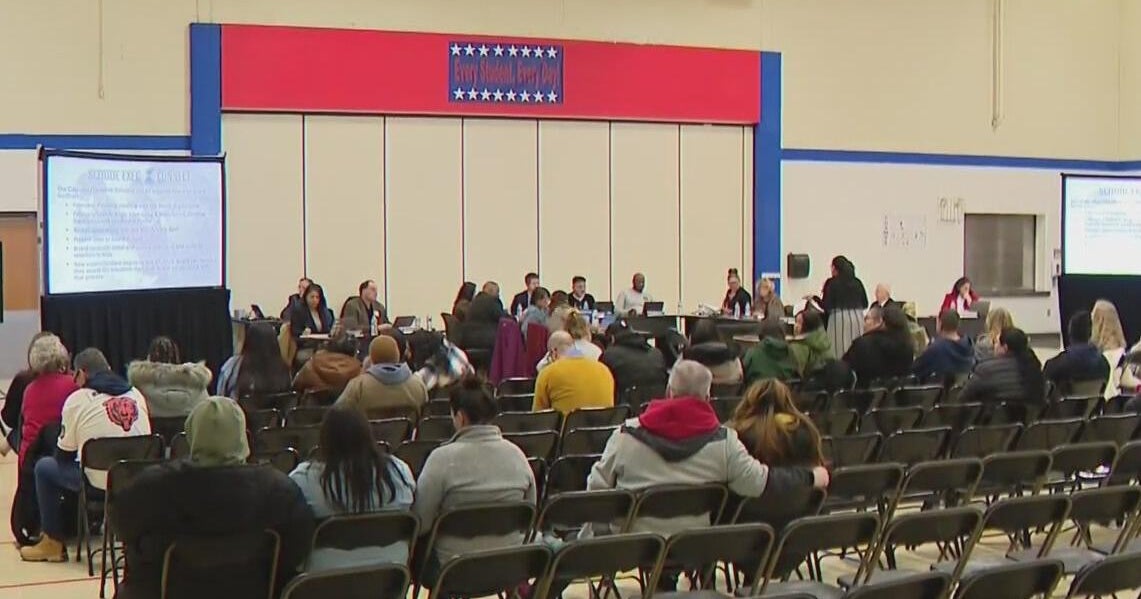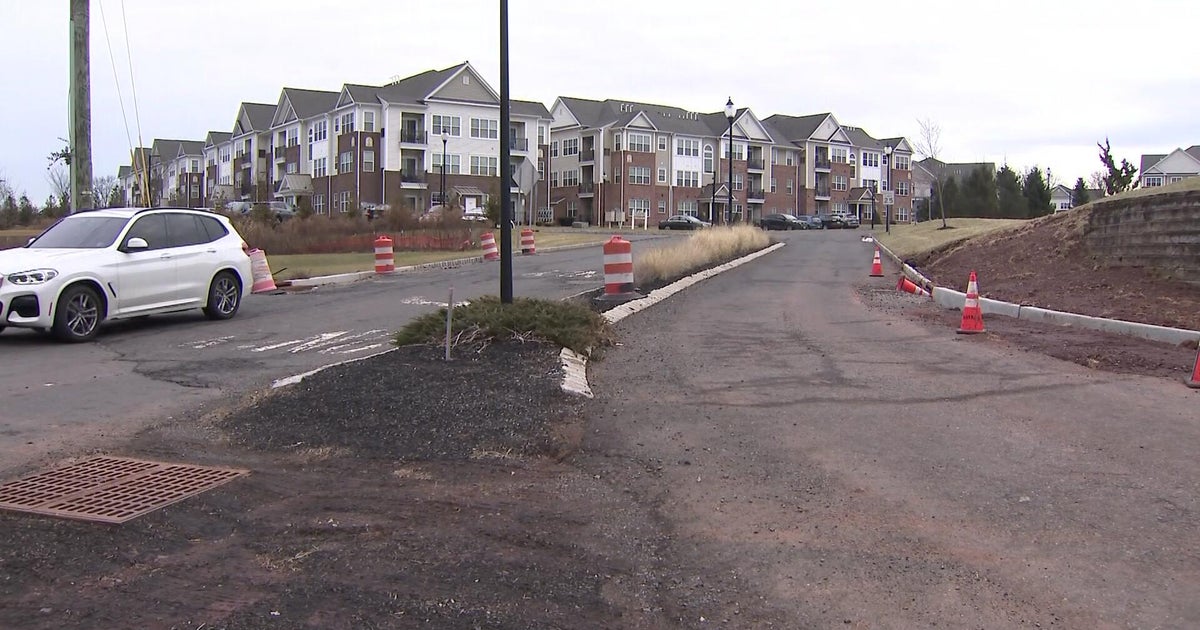North Texas mothers on opposing sides of school choice issue share their perspectives
As legislation providing public funds for students to attend private schools inches closer to the governor's desk, North Texas parents both for and against shared their thoughts on the controversial bill.
Carla Behlen is against the Education Savings Account program, also known as ESAs. She has two children within Coppell ISD, and said public education is more welcoming and the best fit for them.
Greta Alexander supports ESAs. She has a teenage daughter and recently took custody of a granddaughter with learning differences. She dismissed critics of ESAs who claim they will mainly benefit wealthy families already sending their children to private schools; she said she makes $35,000 a year and private education gives her kids a better life.
In an interview with Lacey Beasley, both women talk about the pros and cons of the program and the hope they share for a better education system in Texas.
The following conversation was lightly edited for clarity.
Carla Behlen: I think it's setting a priority with funding that says a private school student is worth $10,000 to the state, and a public school student is worth less than $7,000 to the state. I have two kids in middle school, and they are at different middle schools, even within my school district. One, she was built for school. She's, you know, thriving in that environment. It's been really great. The other one was starting to struggle, and we were able to move him to another school that had a deeper fine arts program and a deeper theater program, where he has really just been able to take off and thrive there. If it was not for that school, we would be in a really different place with that kid.
Greta Alexander: Private school was a must because of my own experience at high school, if I could go back that far. I was pregnant at 17, and by the time I graduated, I was pregnant again and I was crying out for help. My mom was a single parent. Two jobs. I had no one at school to talk to either. It was kind of like being in a box, you know? I think that's the difference for me to have somebody that's able to pay more attention. We have some great teachers in public school, but unfortunately, they can't be attentive to everyone when they have 25 or 30 kids in one room.
Lacey Beasley: The average student would receive about $10,000. Do you think that's enough to send a student to private school?
Alexander: The private school that we attend now is $11,000, so I think that that's more than enough.
Behlen: So if it's $11,000, that's great if you happen to have one that's in that range in your backyard. The average one by us is closer to $20,000 to $25,000 a year. That does not include activity fees, uniform fees, getting your kid to and from school.
Alexander: We have this myth that parents that send their kids to private school are rich, and that's not the case. I'm not rich. You know, I'm $35,000 a year, if that, and that's stretching it. It's not just rich people that are trying to send their kids to a private environment. There's parents like me that didn't have an opportunity when we were growing up, and we see a better opportunity for our kids.
Beasley: A lot of private schools are faith based, and there's a little bit of a debate of should taxpayer dollars go to religious schools? Do you want your kids to learn religion in school?
Alexander: Yes. Yes I do.
Behlen: I have a real problem with public dollars going to that. By law, your public schools are not teaching religion and are open to families of all faiths, all backgrounds, all identities, all kids and all disabilities. My husband teaches in a public school and is a Christian. However, that is separate from his from his teaching identity. He is not teaching religion. He's teaching math.
Beasley: Do either of any of your children or grandchildren benefit from special needs services?
Alexander: My granddaughter has a 504 [plan, which provides accommodations for students with learning differences] right now.
Beasley: With her going to private school with the 504 plan, does the school seem accommodating?
Alexander: Yes. They already have kiddos in place right now that they're accommodating with that service, so she's going to be fine.
Beasley: It takes a lot of research on the parent behalf to find, if they do have a child with special needs, they need to research the correct school for them, the best needs for their child if they want a faith-based school. A lot of it falls on the parent to research.
Behlen: I wish, and I hope that the program primarily helps families who would not otherwise be able to go to private school, if that's what they wish. My concern is that most of that money is not going to go that way. I am appreciative that the legislature put a 20% cap on families making over $160,000 accessing it. That cap expires in two years.
Alexander: If we want to really look at what's public schools doing, not all of them, but the ones that are in Fort Worth now. I know everybody's seen the mayor. She's fighting for kids to learn how to read. I know kiddos right now that's getting ready to graduate high school. They can't read, and it breaks my heart. You know, it breaks my heart because they're in a public setting.
Behlen: I agree. Let's fix it.
